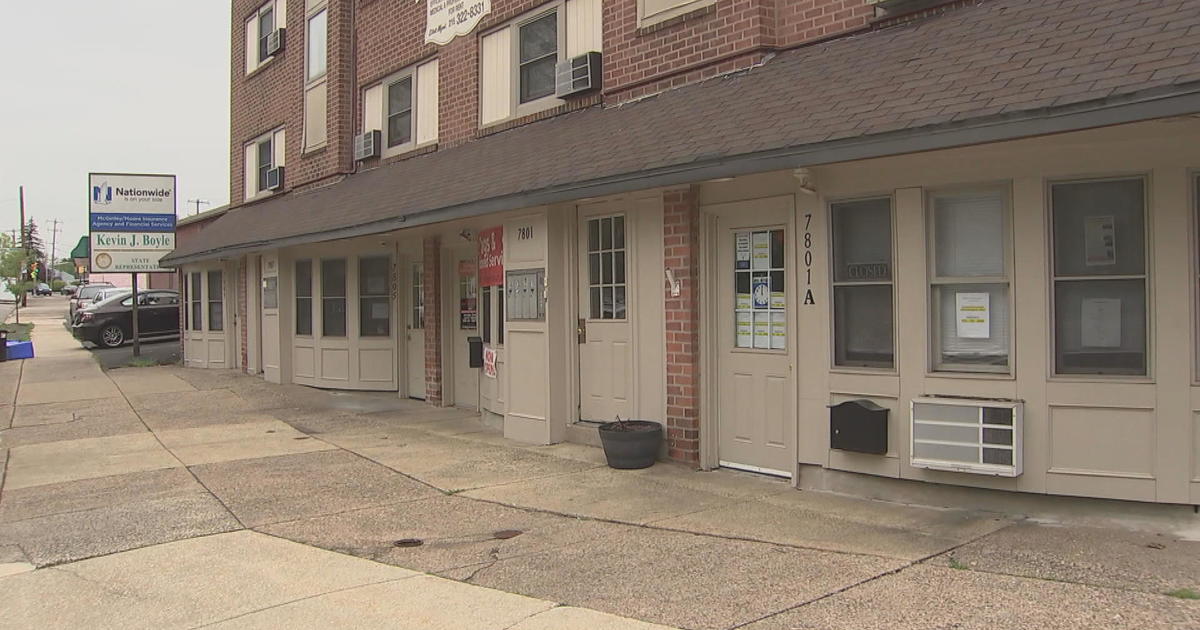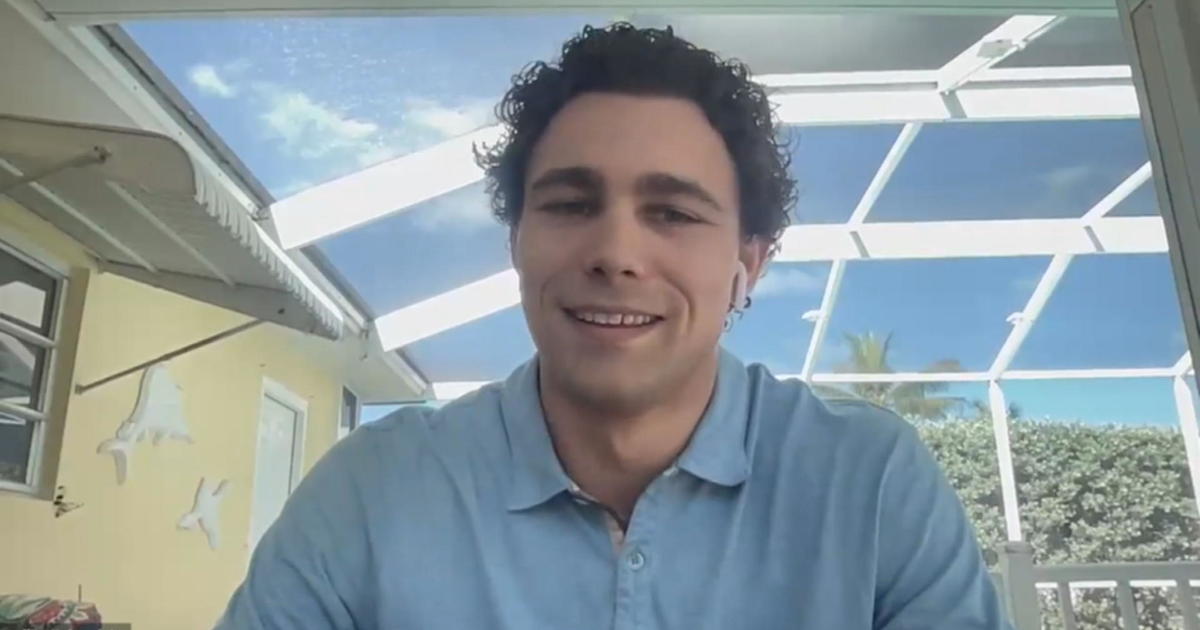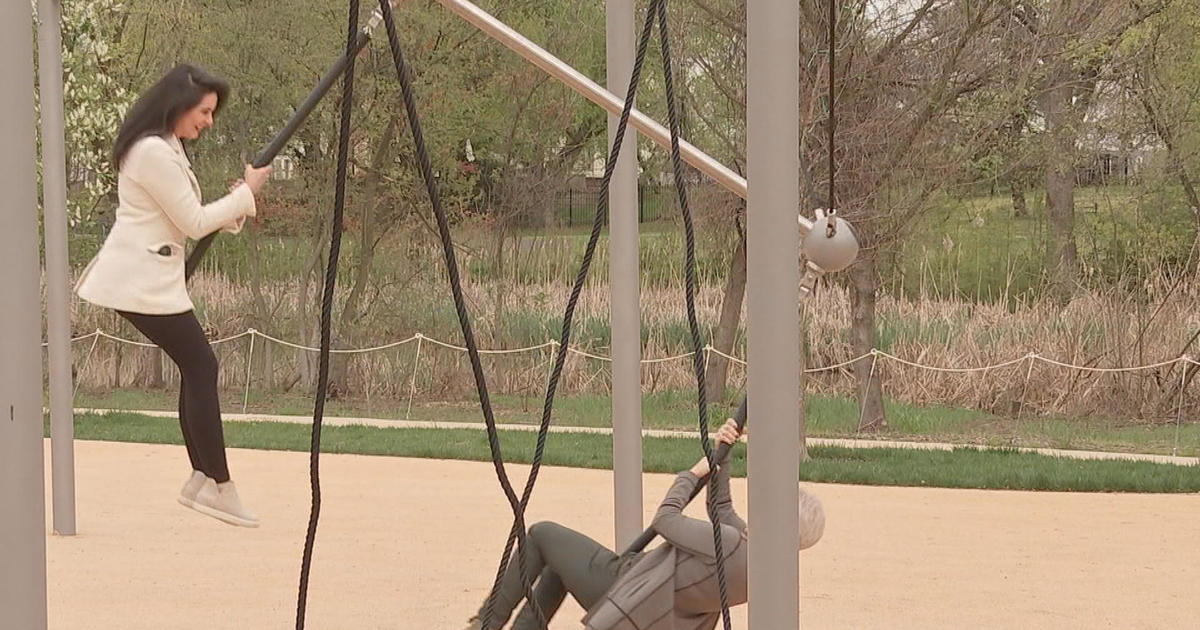Daylight Saving Time May Increase Dangers On Road, AAA Experts Warn
PHILADELPHIA (CBS) -- The end of daylight saving time this weekend brings with it an expected increase in traffic accidents next week. Sleep disruption can cause problems for many. Transitioning back into standard time may be easier than losing an hour of sleep in the spring, but it can still mess with the body's natural sleep cycle -- and that can impact driving.
It's time to fall back with the end of daylight saving time as the clocks roll back an hour. Theoretically, that means an extra hour of sleep, which isn't all good.
"They don't realize the end of daylight saving time does have an effect on the body and it does take some time to adjust," Jana Tidwell said.
AAA is reminding drivers that sleep disruptions that come with time changes can lead to drowsy driving.
Their survey found that three in 10 drivers have admitted to driving while so tired that they could hardly keep their eyes open.
"In the Philadelphia region alone, in 2018 there were 502 crashes and drowsy driving was a factor in those cases," said Robyn Briggs, Safety Press Officer for Pennsylvania Department of Transportation.
PennDOT says last year, there was an increase of drowsy driving-related crashes in the week after the November time change.
In 2018, drowsy drivers were a contributing factor in 2,546 crashes in Pennsylvania, resulting in 18 fatalities and nearly 900 injuries, according to PennDOT.
The National Sleep Foundation says sleep-deprived drivers cause more than 6,400 deaths and 50,000 injuries in the U.S. each year.
Previous research by the AAA Foundation estimates that drowsy driving is a factor in an average of 328,000 crashes annually, including 109,000 crashes that result in injuries and 6,400 fatal crashes.
"We know your body is going to be affected this weekend," Briggs said.
Another issue related to the time change is fewer hours of daylight with the sunset happening before 5 p.m.
Many commuters will be driving in darkness, which increases the risk of crashes.
"Next week's commute in the afternoon and evening will look very different," Tidwell said.
"It is more dangerous to drive at night than during the day," Briggs said.
Doctors say it can take a week to get used to the time switch.
It's important to recognize next week that your internal body clock will be adjusting and that can impact driving and how you're feeling and functioning overall.



